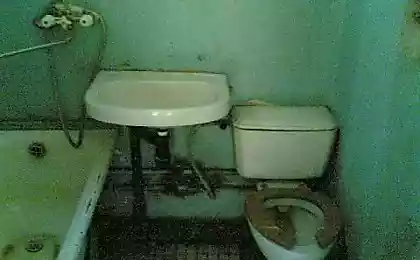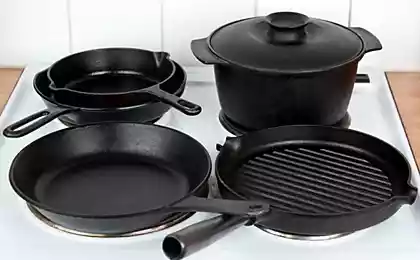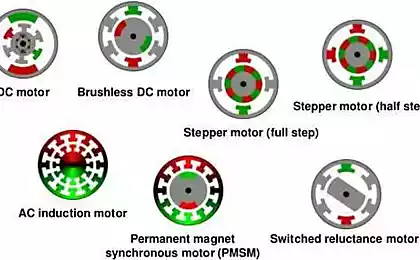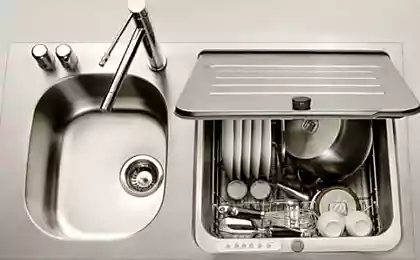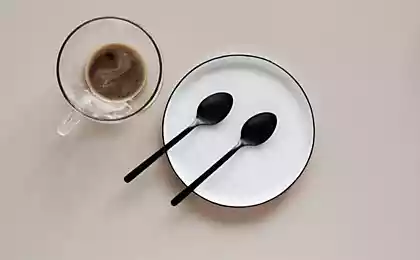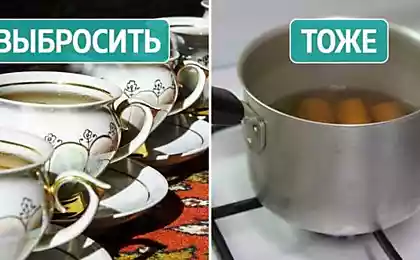164
Who needs a dishwasher?
The first dishwasher was invented more than a century ago, in 1886, but these kitchen assistants have not become widespread in our kitchens. According to statistics, dishwashers in 2018 were used by no more than 10% of Russians.
571385
In part, this can be attributed to the traditionally wary attitude to the novelties of kitchen appliances. But do you really need a dishwasher? Skeptics argue that the cost of the machine, reworking the kitchen, electricity and consumables for it does not pay off the benefit received.
Washing a couple of plates, according to them, is easier and faster with your hands, especially since the technique is not always perfect: then the sticky pasta is not washed, then some white divorces on the plates remain.
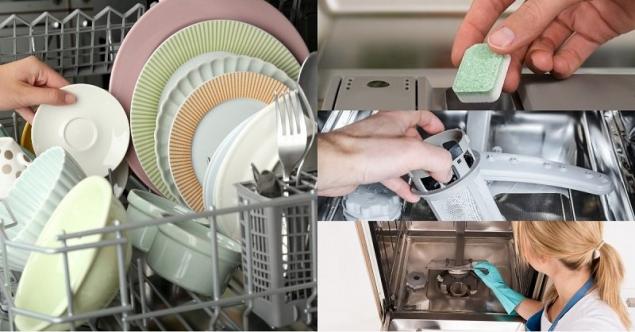
To support supporters of kitchen automation and reassure skeptics, say that the problem is not always in the dishwasher. There are a number of factors that affect the quality of washing dishes, and we will tell you how to cope with them.
Use of a dishwasher
Now you know, How to use a dishwasherAnd, if the house will be a modern unit for washing dishes, you will definitely cope with all the difficulties without resorting to the help of a master. Do you have divorces on your dishes? Share your experience with your dishwasher.
571385
In part, this can be attributed to the traditionally wary attitude to the novelties of kitchen appliances. But do you really need a dishwasher? Skeptics argue that the cost of the machine, reworking the kitchen, electricity and consumables for it does not pay off the benefit received.
Washing a couple of plates, according to them, is easier and faster with your hands, especially since the technique is not always perfect: then the sticky pasta is not washed, then some white divorces on the plates remain.

To support supporters of kitchen automation and reassure skeptics, say that the problem is not always in the dishwasher. There are a number of factors that affect the quality of washing dishes, and we will tell you how to cope with them.
Use of a dishwasher
- Hardness of water
One of the common reasons for the appearance of divorces on plates is the increased hardness of water, that is, a large content of magnesium and calcium salts in water.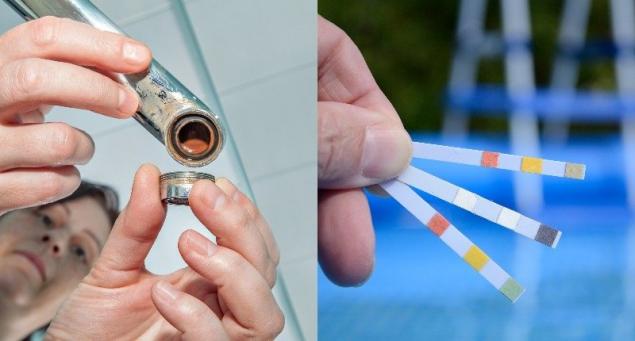
There are several signs by which you can determine hard water: detergents form little foam, the walls of the kettle are quickly covered with scale, a white plaque appears on the plumbing, after washing, there is a feeling of tightness and dryness of the skin.
To help the dishwasher perfectly cope with its work, you should first check the hardness of the water. Then you need to adjust the machine to the water of the appropriate rigidity, as described in the instructions. Usually after that. dishwashing They disappear or become less visible.
75914.
I have a scale from 1 to 5 in the rinse compartment and an arrow that can be set to the desired stiffness indicator. New machines can use a different system. - Clogged filters
It is important to understand that after each cycle of washing, the dishwasher should be cleaned of dirt: remove all food residues and thoroughly wipe the bottom of the chamber and the door.
Once a month, a more thorough cleaning of the kitchen assistant is recommended. At the bottom of the dishwasher are filters that need to be removed, checked for debris and washed with clean water.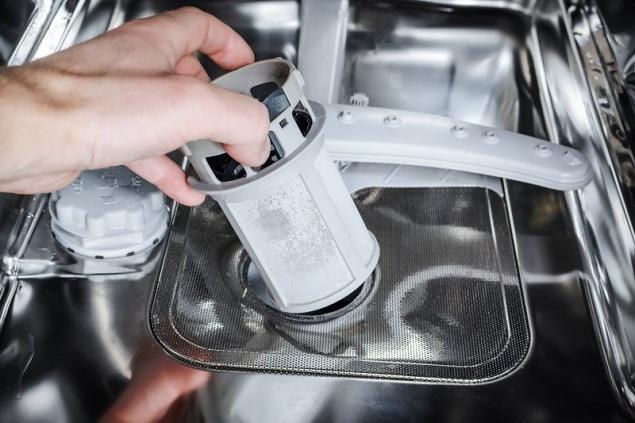
- Fat plaque
As a preventive measure, once every few weeks, the dishwasher is recommended to be washed with a special cleanser that removes fatty plaque. This can be, for example, a dishwasher cleaner "Finish".
According to reviews, its use helps to cope with white divorces on dishes, eliminates fat film on the filter of fine cleaning and scale on hard-to-reach parts of the dishwasher, leaves behind a pleasant smell. - Rinseer
If you still have divorces, try using a rinse, such as Henkel’s Somat. Dishwashers use aggressive substances that can quickly and efficiently remove complex stains and contaminants. Plates, cups and other utensils are cleaned almost instantly.
However, even a strong water pressure can not always remove the remains of these detergents from the dishes. As a result, the surface is dim and does not look clean enough. The components that make up the rinse, eliminates the remains of detergents, preventing them in the future to get from plates and cups in food.
They also reduce the surface attraction of water and accelerate its evaporation. Due to this, the drying process is faster and, as a result, electricity is saved.
Now you know, How to use a dishwasherAnd, if the house will be a modern unit for washing dishes, you will definitely cope with all the difficulties without resorting to the help of a master. Do you have divorces on your dishes? Share your experience with your dishwasher.







